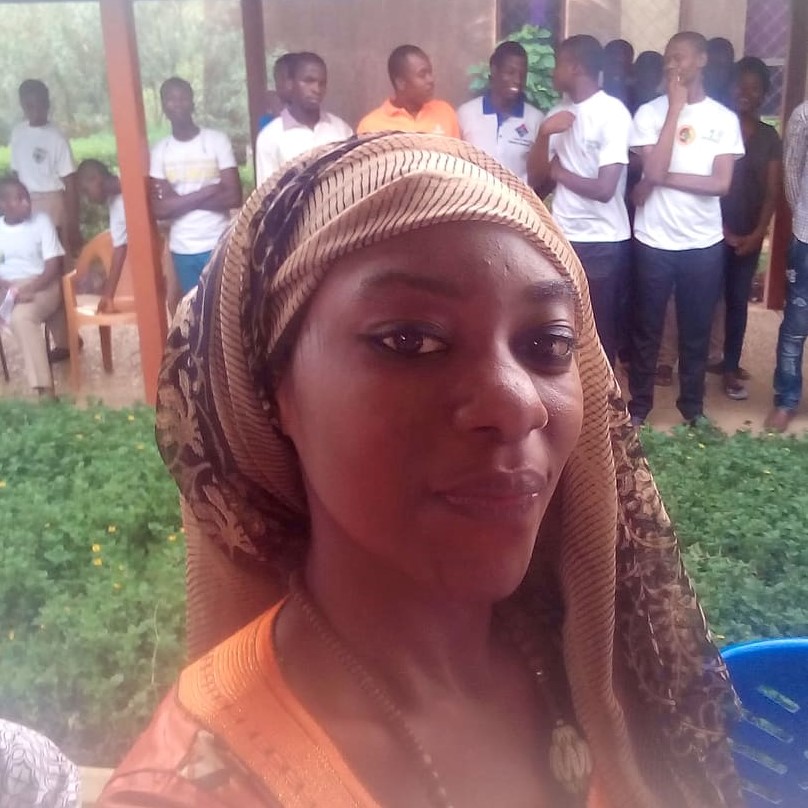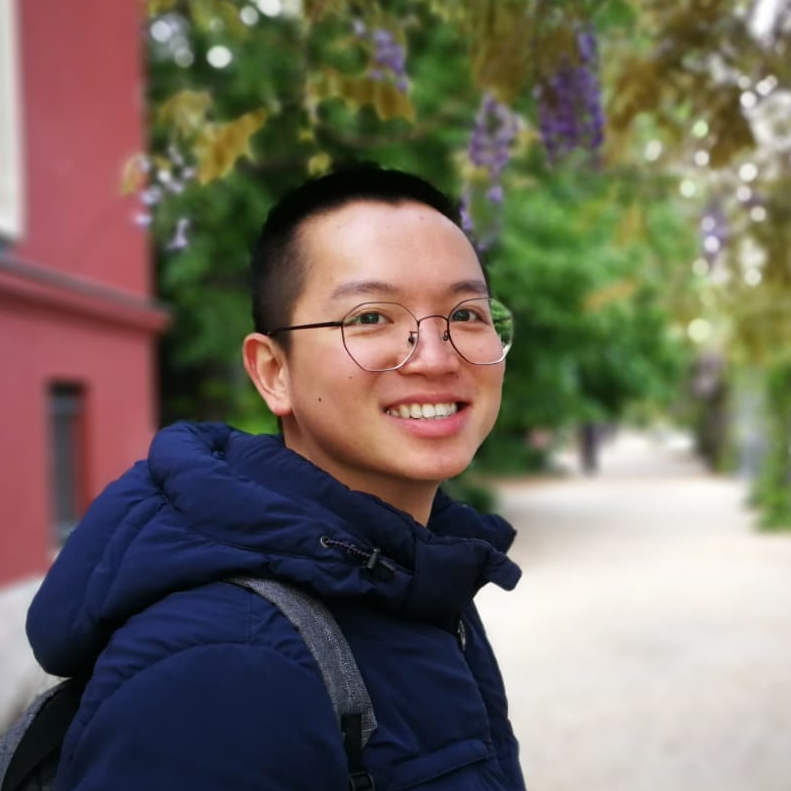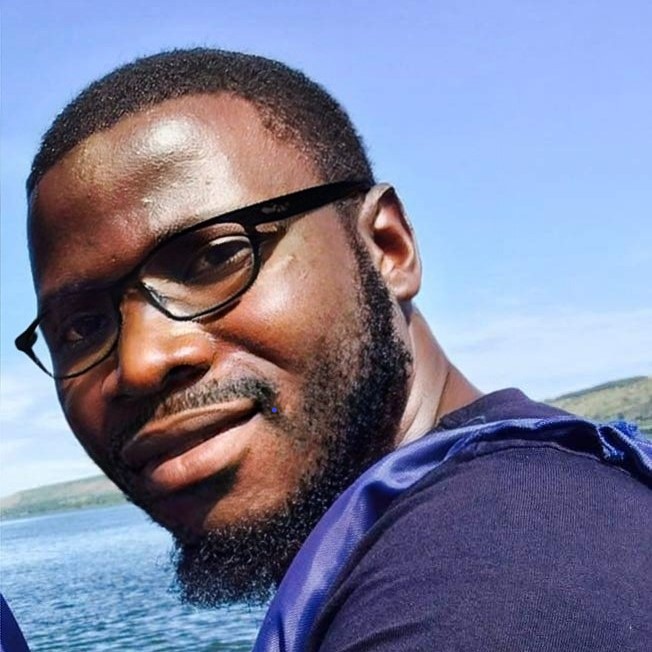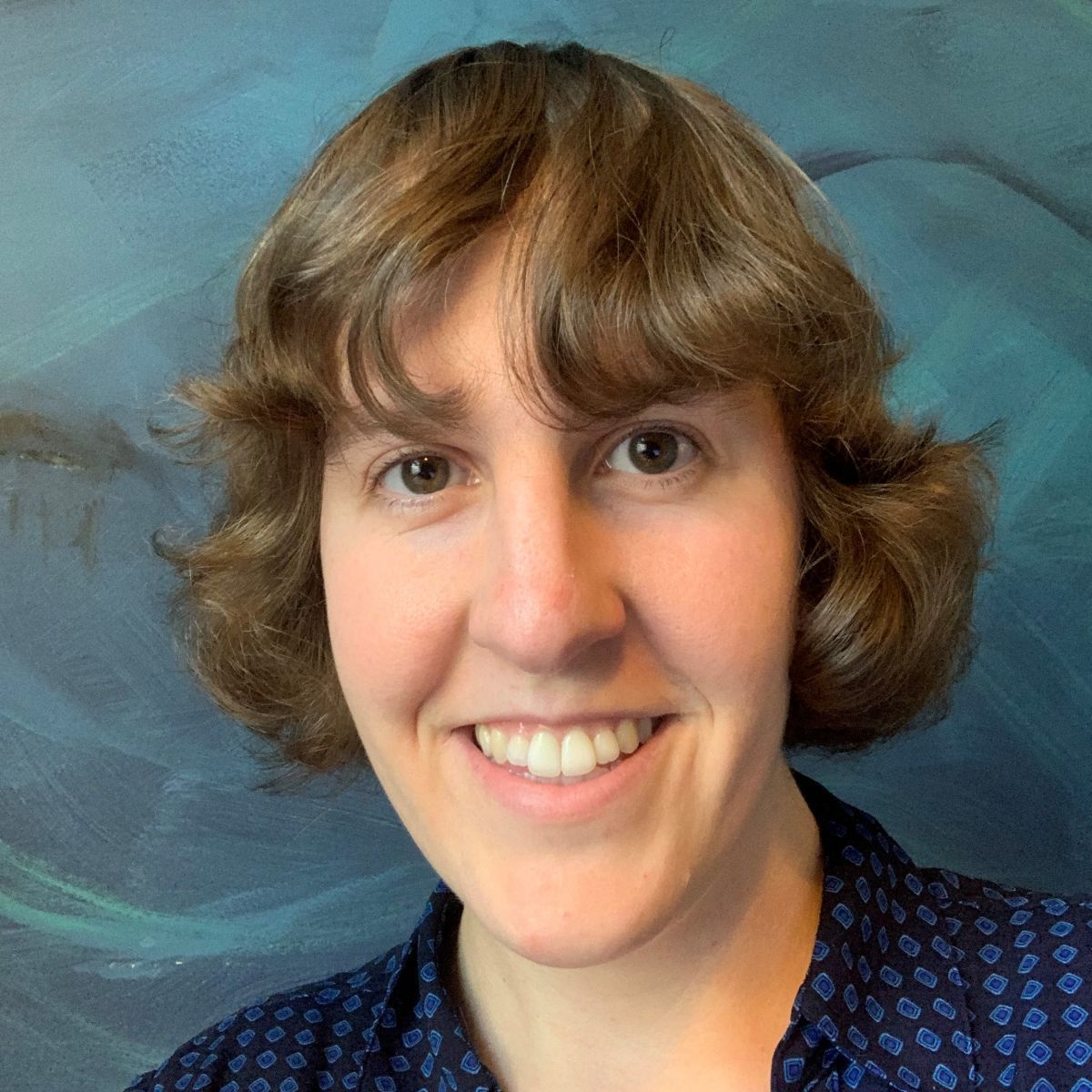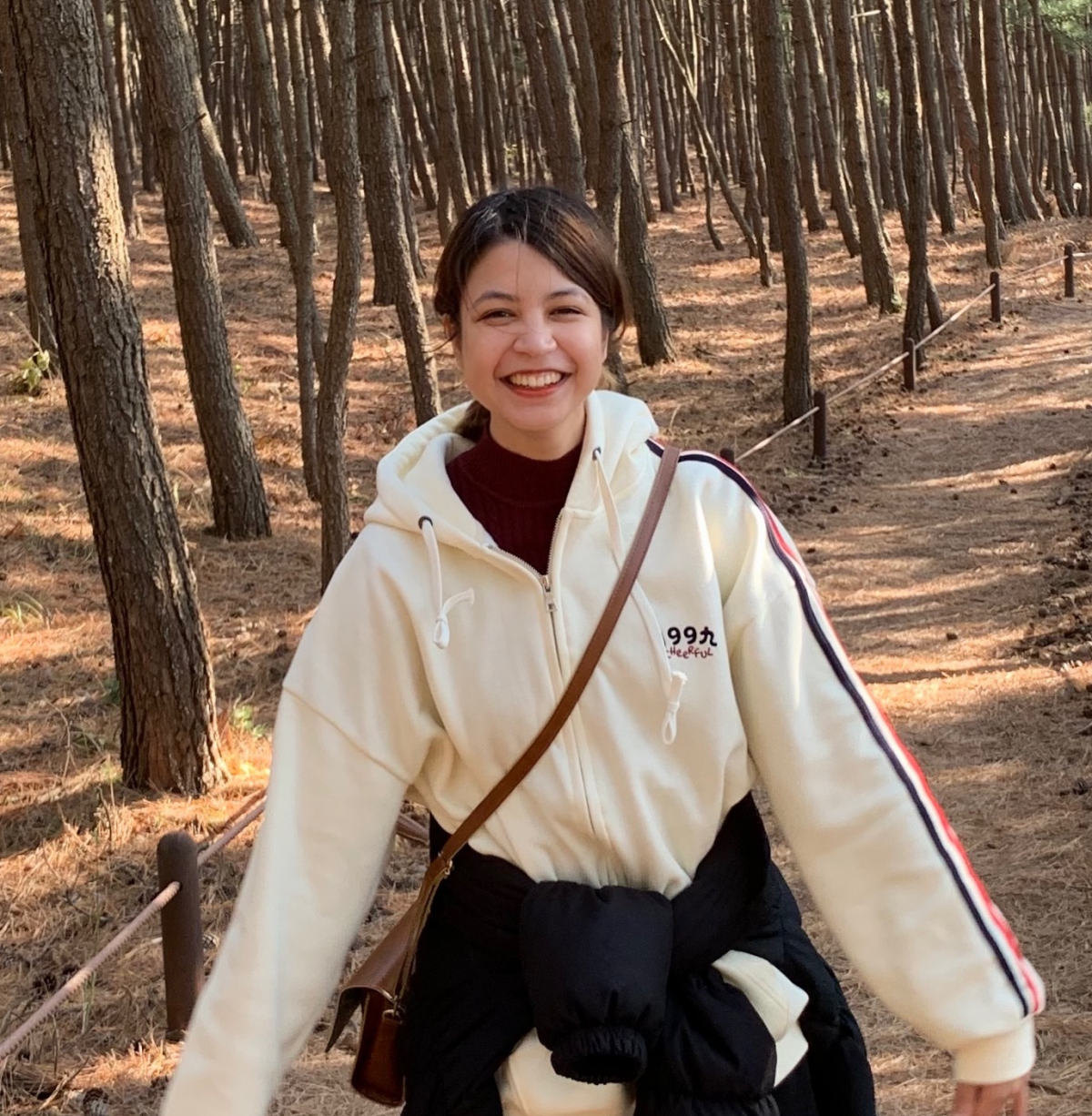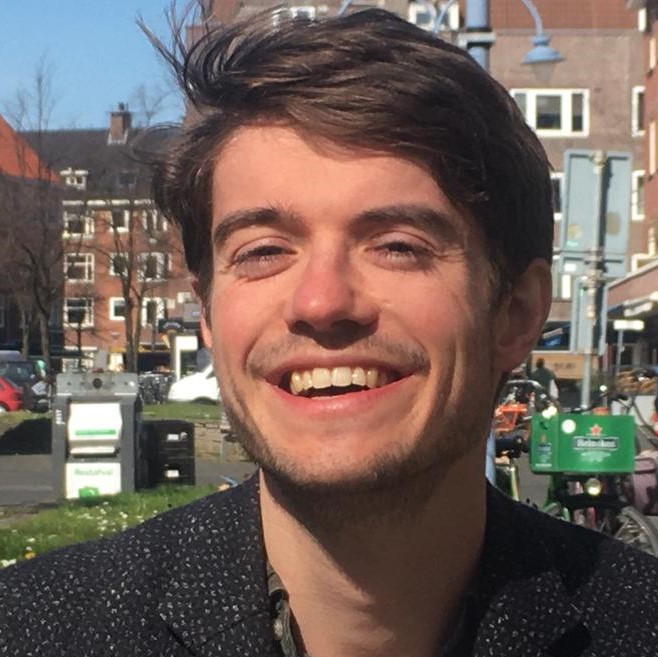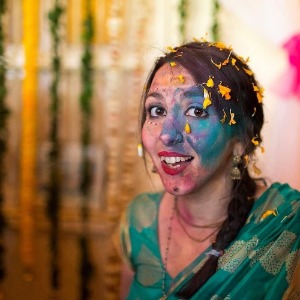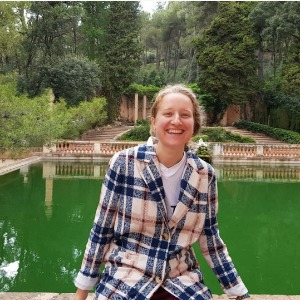Die Corona-Pandemie im Niger
Jeder versucht, entsprechend seiner eigenen Fähigkeiten zu helfen. Meinungen und Methoden mögen verschieden sein, aber ich glaube, dass tief im Inneren unser gemeinsames Interesse das Wohlergehen für alle ist.
Niger, Western Africa
Eine Geschichte von Boubacar Amadou Samiratou. Übersetzt von Veronica Burgstaller
Veröffentlicht am June 2, 2020.
Diese Geschichte ist auch verfügbar in 



Vor der Entdeckung des ersten Falles in meinem Land, verfolgte ich die Nachrichten über die weltweite Entwicklung der Pandemie nur geistesabwesend. Ich redete mir ein, dass wir in einem abgelegenen Land wie Niger nichts zu fürchten haben. Obwohl ich mit der Notlage anderer mitfühlte, betete ich, dass mein Land nicht betroffen sein würde.
Ich plante die folgenden Wochen mit großem Enthusiasmus und füllte meinen Terminkalender mit Aktivitäten, die größtenteils im Zusammenhang mit unserer Gesellschaft für junge Frauen in der Medizin bestanden. Wir hatten einen Ausflug für Kinder mit Downsyndrom programmiert und alles war vorbereitet. Aber dann wurde eine Woche vor dem Ausflug gesetzlich verboten, sich in Gruppen von mehr als 50 Personen auf öffentlichen Plätzen zu versammeln und das Nationalmuseum, das wir uns für den Ausflug ausgesucht hatten, wurde geschlossen.
Ich hatte die Angewohnheit, früh aus dem Haus zu gehen und abends gegen 20 Uhr zurück zu sein. Mein Tag war normalerweise gefüllt mit verschiedenen Aktivitäten - Treffen, Schulungen, Seminaren usw. Mir war nie langweilig, denn ich hatte immer etwas zu tun. Es war anstrengend, aber ich fühlte mich nützlich, denn ich tat etwas für meine Gemeinschaft.
Tage, an denen ich nicht ausging, waren selten. Wenn ich nicht gerade einer dieser Aktivitäten nachging, fand man mich im Krankenhaus bei meiner Sammlung von Gliedmaßamputationen (solche Amputationen gibt es nicht viel und vor der Pandemie hatte ich nur drei). Da ich in meinem Studium eine so genannte 'prospektive Studie'[1] gewählt habe, kann ich schon beginnen, meine Thesis zu schreiben, bevor das eigentliche Abschlussjahr (ich bin im sechsten Jahr, und man muss normalerweise bis zum achten Jahr warten, um seine Thesis schreiben und die 'retrospektiven' Studien unterstützen zu können, aber Studenten die ein 'prospektives' Studium folgen, wie ich, können ab dem fünften Jahr beginnen).
Nach dem ersten Fall von COVID-19 wurde ein weiterer Fall post-mortem diagnostiziert und die Studenten-Praktikanten wurden zu ihnen geschickt. Diejenigen, die mit der Krankheit in Kontakt waren, mussten in Quarantäne gehen. Der Zugang zum Krankenhaus ist auf Patienten und Personal beschränkt, was bedeutete, dass ich mit meiner Sammlung für meine Diplomarbeit nicht mehr fortführen konnte. Ich kann auch nicht mehr zu meinen Treffen gehen und nur über WhatsApp mit anderen Kollegen Kontakt haben.
Da ich nicht mehr rausgehen kann, mache ich andere Menschen über meine sozialen Medien, insbesondere über Facebook, auf den Virus aufmerksam. Ich tue dies, weil einige hier in Niger nicht glauben, dass das Virus existiert. Obwohl 943 Fälle bestätigt wurden, 775 Menschen genesen und 61 Menschen verstorben sind, verstehen einige Menschen die Situation nicht, vor allem diejenigen, die die Maßnahmen der Behörden, wie die Schließung der Moscheen, während Märkte und andere Einrichtungen geöffnet bleiben, ablehnen. Dies führt zu Unruhen innerhalb des Landes sowie in der Hauptstadt Niamey, wo die kollektiven Gebete mit Tränengas aufgelöst werden mussten.[2] Nur die Moscheen, meine Schule und Universitäten wurden geschlossen.
Einige junge Leute verteilten Händedesinfektionsmittel an diejenigen, die sich dafür angemeldet hatten, während andere ärmere Haushalte, die keinen Zugang zu sozialen Medien und Informationen haben, erklärten, was gerade geschah, indem sie von Tür zu Tür gingen. Jeder versucht, entsprechend seiner eigenen Fähigkeiten zu helfen. Meinungen und Methoden mögen verschieden sein, aber ich glaube, dass tief im Inneren unser gemeinsames Interesse das Wohlergehen für alle ist.
Fußnoten
[1] In der Medizin bedeutet eine "prospektive" Studie, dass man eine Gruppe von Probanden beobachtet, wie sich deren Benehmen im Laufe der Zeit ändert (z. B. die Amputation von Gliedmaßen bei Patienten); anders als bei "retrospektiven" Studien, bei denen man untersucht, was in der Vergangenheit passiert ist.
[2] NewStraitsTimes (Apr 20, 2020), “Riots erupt in Niger capital over Covid-19 curfew”: https://africa.la-croix.com/riots-in-niger-over-coronavirus-ban-on-congregational-prayer/
Was macht diese Geschichte mit dir?
Follow-up
Do you have any questions after reading this story? Do you want to follow-up on what you've just read? Get in touch with our team to learn more! Send an email to [email protected].
Unterhalte Dich über diese Geschichte
Please enable cookies to view the comments powered by Disqus.
Subscribe
Melde Dich an für unseren monatlichen Newsletter und bleibe up-to-date mit neuen Geschichten auf Correspondents of the World.
Mehr Geschichten auf Deutsch
Tags
Erkunde andere Themen
Mach mit
At Correspondents of the World, we want to contribute to a better understanding of one another in a world that seems to get smaller by the day - but somehow neglects to bring people closer together as well. We think that one of the most frequent reasons for misunderstanding and unnecessarily heated debates is that we don't really understand how each of us is affected differently by global issues.
Unser Ziel ist es, dies zu verbessern - und zwar mit jeder Geschichte, die wir teilen.
Community Weltweit
Correspondents of the World is not just this website, but also a great community of people from all over the world. While face-to-face meetings are difficult at the moment, our Facebook Community Group is THE place to be to meet other people invested in Correspondents of the World. We are currently running a series of online-tea talks to get to know each other better.











